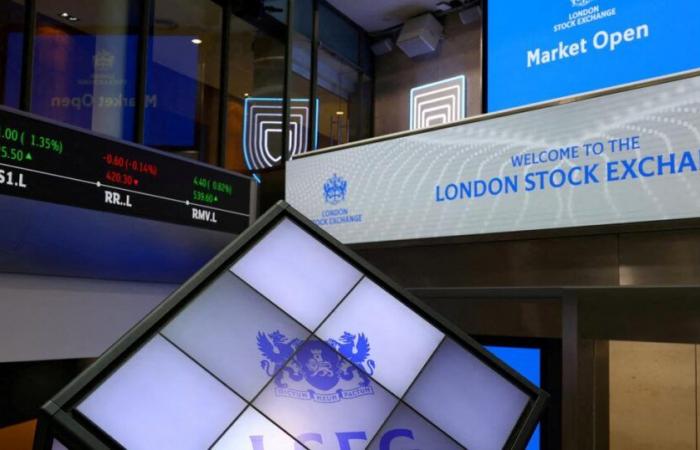The British energy services and consultancy group John Wood, already in difficulty, plunged by more than 50% on Thursday on the London Stock Exchange after a «sous-performance» in the third quarter and the launch of a “independent assessment” of certain strategic choices. John Wood's stock on the London Stock Exchange fell by 50.48% to 61.70 pence around 12:45 p.m. GMT. It has lost almost 65% of its value since the start of the year.
The company accused “delays in awarding contracts” of its branch “chemistry” and notices a “persistent weakness in minerals and life sciences”notes general manager Ken Gilmartin in a press release. “We therefore continue to take steps to address this underperformance.” The group, present in particular in the hydrocarbons sector, is implementing a «simplification» to save $60 million annually and sold two subsidiaries during the third quarter.
Also read
Renewable energies: more than a million installations connected in 2024
A loss widened to 985 million dollars
Its turnover for the period, at 1.5 billion dollars (1.4 billion euros), increased by 1% year-on-year. The group had made the strategic decision, in 2022, to withdraw from certain segments of activity, in particular from certain contracts “turnkey” or large-scale projects, which resulted in a charge of $140 million announced in August.
This had contributed to weighing down the group's half-year results, with a loss significantly widening to $985 million. A heavy accounting burden reflecting in particular “the geopolitical environment” in the Middle East, had also weighed. John Wood announced Thursday that he “requested an independent assessment” to Deloitte of the decision to withdraw certain contracts, which could result in a revision of the group's income statements or outlook.
Its order book, at $5.4 billion, also contracted by $700 million in the third quarter. John Wood was targeted in May by a takeover offer for 1.6 billion pounds (1.9 billion euros) from the Lebanese company Dar Al-Handasah Consultants, whose trading name is Sidara. But the latter finally threw in the towel in August, citing “increasing geopolitical risks and financial market uncertainty”.






